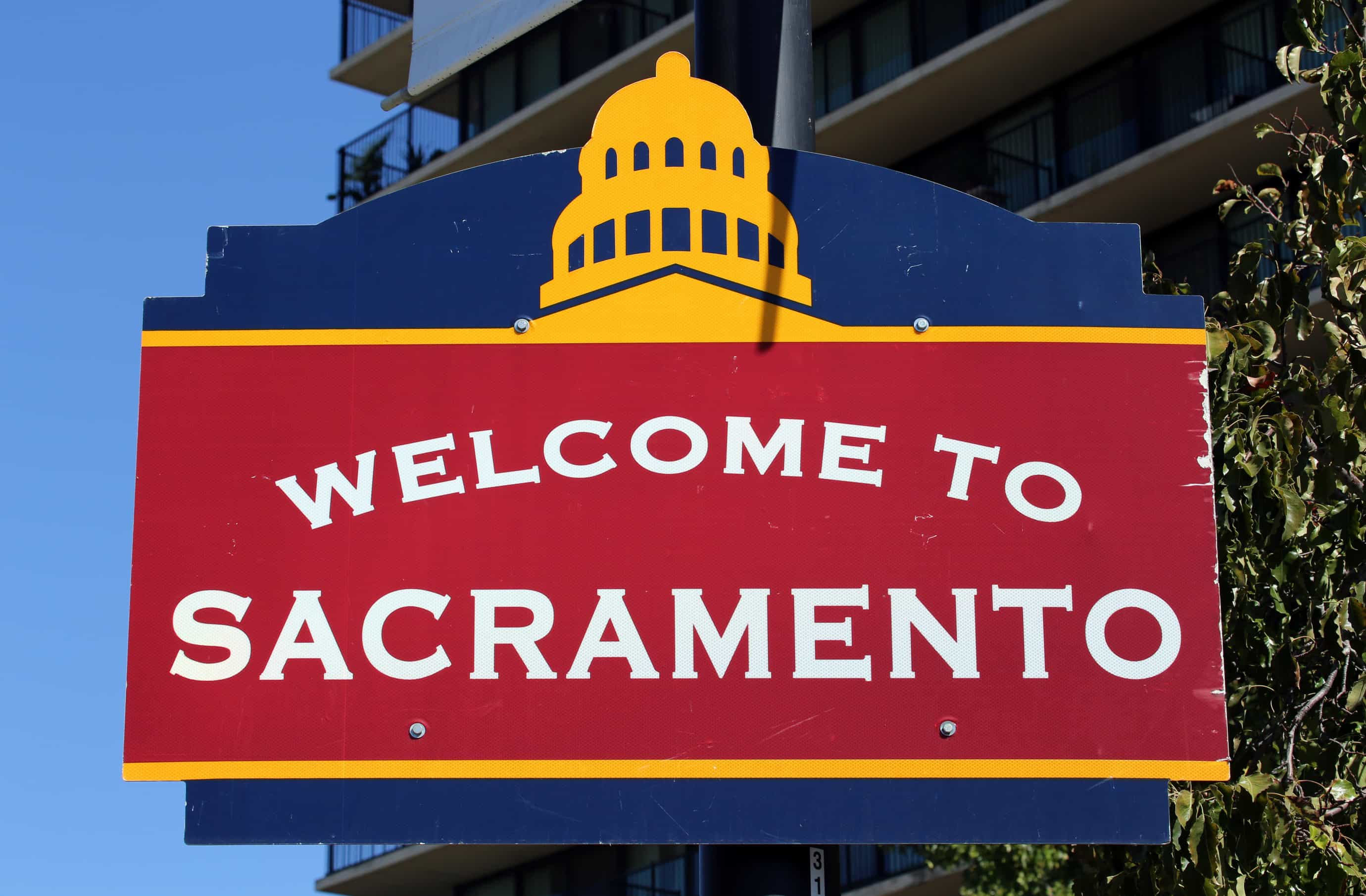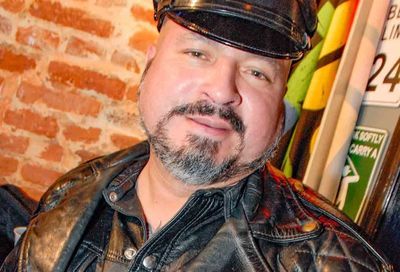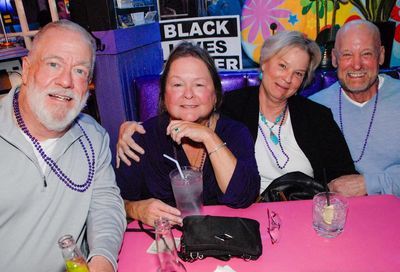Attitude Adjustment
Commentary: Center Field
As an activist I have had occasion to criticize the police; but I also count many police officers as friends. So after gay attorney Pepin Tuma was arrested in Northwest D.C. on a disorderly conduct charge for dissing some cops, I called one of my police friends to get his perspective.
First, some background: Shortly after midnight on July 26, Tuma and two friends were walking to the gay bar Cobalt while discussing the arrest of Professor Henry Louis Gates in Cambridge, Mass., for disorderly conduct. According to Tuma, he saw several police cars stopped nearby and jokingly chanted, “I hate the police.” Officer J. Culp shouted, “Who do you think you’re talking to?” and crossed the street toward Tuma.
Tuma claims he replied that it was not illegal to express his opinions while walking down the street, whereupon Culp shoved him against a utility box, handcuffed him, and said, “Just shut up, faggot,” as he took him to a cruiser. Tuma was released after paying a $35 post-and-forfeit fine. He later filed a false-arrest complaint.
The America Civil Liberties Union of the National Capital Area (ACLU-NCA) says the definition of disorderly conduct “is confusing, overbroad, frequently used by police to harass disfavored individuals and violates constitutional rights of free speech, assembly and petition.” D.C. Council Judiciary Chair Phil Mendelson (D-At large) has introduced a bill to correct this.
When I asked my police friend about the Tuma case, he said it appeared to be a classic “contempt of cop” arrest — that is, the use of a disorderly conduct charge to teach someone a lesson:
“Let’s say it’s 90 degrees and 100 percent humidity and you’ve been working for hours dealing with drunks on 18th Street. On one side, the civilian is thinking, ‘How can I push my rights to the limit?’ On the other side, the officer is thinking, ‘How can I assert my authority?’ The police officer, with other officers and witnesses present, felt that his integrity and credibility were being impugned. Unfortunately, he acted hastily and exercised poor judgment.
“We have a responsibility as officers to be disciplined and stay cool while people around us are saying offensive things. For example, I’m not happy when I have to protect the rights of the KKK, Aryan Nation and anarchist groups, but that’s my job. On the other hand, there are situations where it isn’t safe to shrink from a confrontation, such as with drug dealers. You have to speak their language.”
I asked him about the Gates arrest. He said he thought both men had behaved badly but that Sgt. James Crowley appeared to have acted within the law. I said, “Then why did they drop the charges?” He said, “You should never judge the validity of an officer’s decision to arrest on whether it was prosecuted. Sometimes you’re dealing with someone who becomes combative and requires an attitude adjustment. Later the decision is made to ‘no-paper’ the case, perhaps because the point has been made and you don’t want to waste further resources on it.”
The question is not about the techniques available to police so much as the judgment with which they are applied. Aside from whether we agree with police (and I think the Gates arrest was improper), we owe it to the general welfare to consider things from their vantage point rather than reflexively tar them as thugs or bigots. If we want to combat police bias, we should also confront our own. Given the need for a police force, we should acknowledge that there are good cops, and resist the poisonous generalizations that inspire the cry, “I hate the police.”
At the same time, those who are entrusted with guns and sworn to protect the public must be held to account when they abuse their positions. If the gratuitous brutality and homophobic slur charged against Officer Culp are true, he lacks the professional discipline and respect for civil liberties required of a law enforcement officer.
Incidents like this remind us of the importance of fully funding the independent Office of Police Complaints, though Tuma chose to complain directly to the police, whose Internal Affairs Bureau is investigating. But when the language of a criminal statute is dangerously overbroad, we need not rely solely on investigations and court rulings — we can change the statute, as Councilmember Mendelson is preparing to do.
Richard J. Rosendall is a writer and activist whose work has appeared on Salon.com and the Independent Gay Forum. He can be reached at rrosendall@starpower.net.
Support Metro Weekly’s Journalism
These are challenging times for news organizations. And yet it’s crucial we stay active and provide vital resources and information to both our local readers and the world. So won’t you please take a moment and consider supporting Metro Weekly with a membership? For as little as $5 a month, you can help ensure Metro Weekly magazine and MetroWeekly.com remain free, viable resources as we provide the best, most diverse, culturally-resonant LGBTQ coverage in both the D.C. region and around the world. Memberships come with exclusive perks and discounts, your own personal digital delivery of each week’s magazine (and an archive), access to our Member's Lounge when it launches this fall, and exclusive members-only items like Metro Weekly Membership Mugs and Tote Bags! Check out all our membership levels here and please join us today!





















